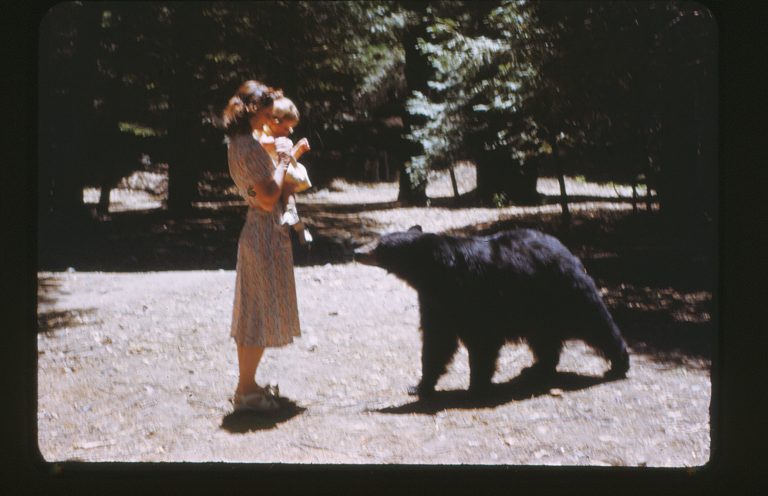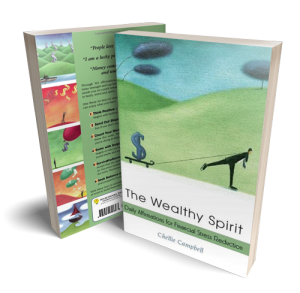295 – October 22
“Whether you know it or not, fear has developed your likes and dislikes, picked your friends and raised your children.”—Rhonda Britten
Fear is what stops us from living our passion, from developing our dreams, from rising to the heights of success we envision. We are afraid we won’t be safe; we don’t feel secure; we’re in uncharted territory. Thoughts of the worst that can happen flood our minds and we’re afraid to take the chances.
In the Hypmovation seminar I attended, we were told that it is normal and natural to have fears, but that we should “Face it; Examine it; Accept it, Reverse it.” It is a helpful anagram to remember, as is this one: “False Evidence Appearing Real.” But mentioned this in my class, everyone burst out laughing when one woman blurted, “Oh! I thought it stood for “F@%# Everything And Run!”
That’s a funny comment, but we all know that running from your fear won’t take you in the direction you want to go. My friend, Rhonda Britten, a deeply courageous author and speaker, has helped many break the bonds of fear. In her book, “Fearless Living: Live Without Excuses and Love Without Regret”, she shows how all of us are controlled in some ways by our “wheel of fear” which keeps us from our “wheel of freedom.” When we understand the fears that limit our behavior, we can free ourselves of the limiting past and create new lives full of adventure, promise and happiness.
Whatever your fear, you have to face it and move through it. Don’t let it stop you. We risk failure, but failure is often just a step forward to success. We almost always fail at first. Your first time at bat—did you hit the ball? Chances are you didn’t. (When I first started playing tennis, I needed three courts to play in because I couldn’t hit the ball where I wanted it to go.) You accept that you will improve with time and practice. Hopefully, it doesn’t keep you from ever picking up the ball in the first place.
Have you ever watched a small child trying to learn to eat? They’re terrible at it. Food goes everywhere. But they keep on trying. You don’t see them give up and say, “Well, I hope mom sticks around to feed me because I suck at it.” So why expect perfection from yourself on the first try in the areas of business and money? Falling down and bumping your head a little is part of the deal.
Change the way you look at the feeling of fear. Instead of a nervous energy of anxiety, hold it as the energy of excitement. Great actors always say that they get butterflies in their stomach before every performance. If they don’t get butterflies, they know they aren’t going to be good. They need the energy of the excitement to transform their performance and make them soar. You need it, too. That’s what it’s there for. It’s not nerves—it’s energy.
Harness those butterflies. Use that energy. Gulp and go!
Today’s Affirmation:
“My energy and excitement help me reach my highest goals!”

Dr. Alan Schoonmaker writes some wonderful articles in Card Player magazine. He’s giving advice to poker players on how to improve their game, but I find so much of what he says useful to any endeavor:
“It won’t be easy or pleasant, but self-improvement is hard and often painful work. You’ll just have to tolerate that pain. If you’re like most people, you can handle physical discomfort better than it’s psychological counterpart. For example, if you diet and exercise, you naturally accept hunger and aching muscles. You may even say, ‘No pain, no gain.’
“Trying to avoid the pain of critically examining and changing yourself can cause several mistakes:
- Inaccurately assessing your strengths and weaknesses
- Overestimating your ability to improve
- Working on the wrong issues”
He makes the great point that people love working on things they are already good at, because it feels good. But people hate working on the things that they aren’t good at, because it feels bad. “Many people don’t realize that they will gain more by working on their weaknesses than on their strengths. They work on their strengths because – at least partly – they enjoy the process.”
Ah, I’ve seen that often in my workshops. The accountants love working on the budgets, but the salespeople hate that part. The people who need the time management class the most, have something come up that prevents them from attending that session. When we focus on everyone in the class telling their story and their goals, the people who aren’t good at listening get frustrated. But that’s the most important skill to have in sales!


